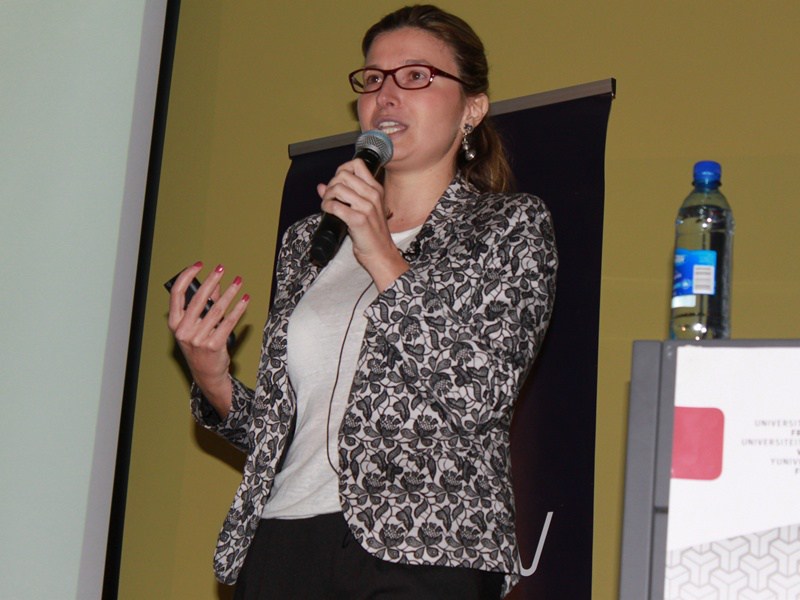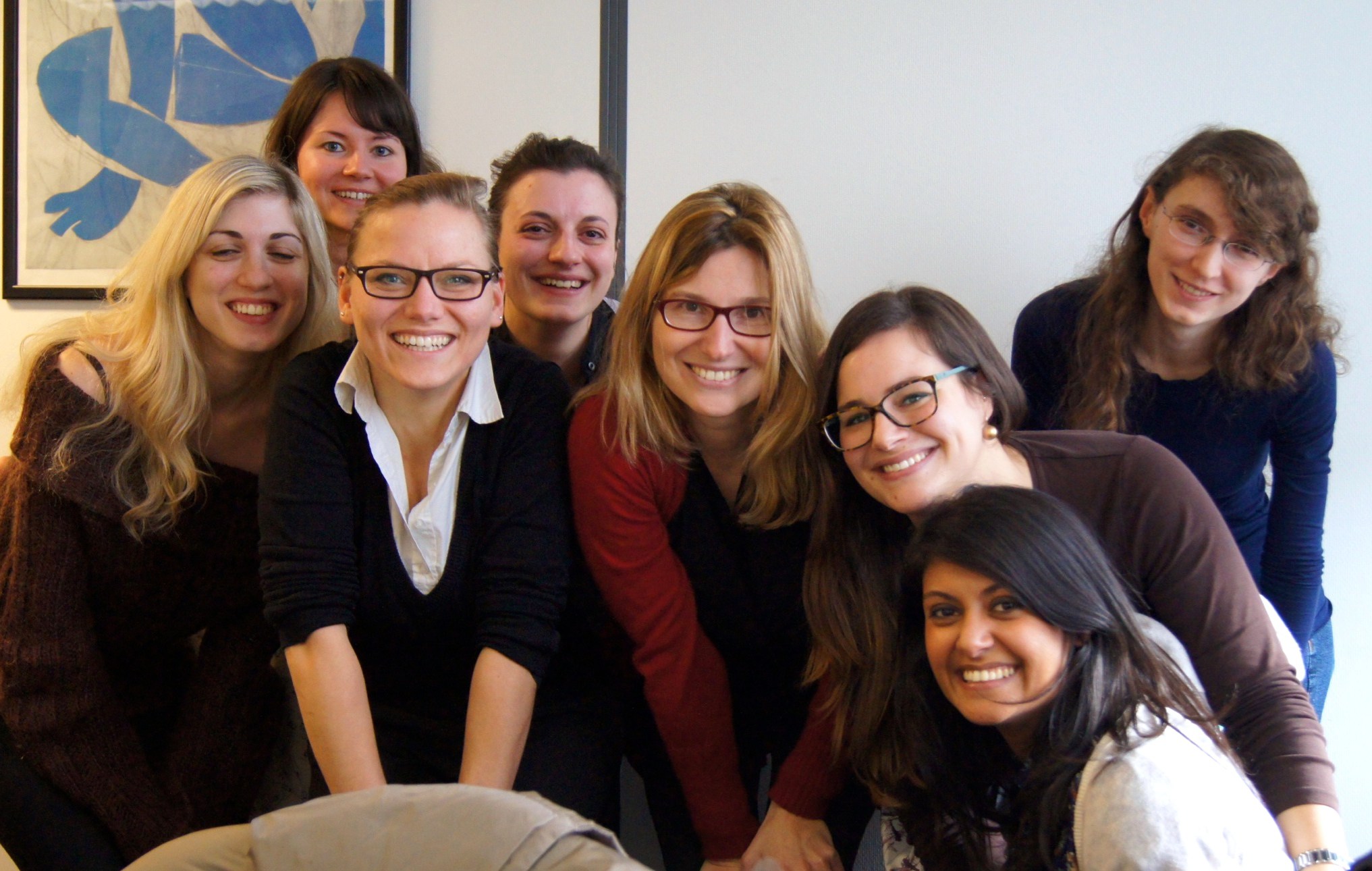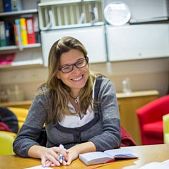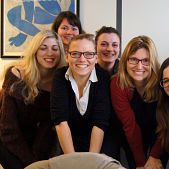
Director of the London Neuropsychoanalysis Centre
Aikaterini Fotopoulou is a Reader at the Psychoanalysis Unit, Psychology and Language Sciences Division, University College London and a research affiliate at the Institute of Cognitive Neuroscience. She is also the Director of the London Neuropsychoanalysis Centre and runs the London Neuropsychoanalysis Group on: ‘Psychodynamic Neuroscience and Neuropsychology’.
She studied cognitive neuropsychology and theoretical psychoanalysis at UCL before completing her PhD in cognitive neuroscience at the University of Durham, UK.

Dr. Fotopoulou is the senior author of a new study which shows that the gentle touch of another individual soothes the effects of social exclusion, one of the most emotionally painful human experiences. The UCL research published in Scientific Reports and funded by the European Research Council, tested the impact of a slow, affectionate touch against a fast, neutral touch following social rejection and found a specific relationship between gentle touch and social bonding.
The discovery follows recent findings that effective social touch, and particularly gentle stroking of the skin, may be coded by a special physiological system linking the skin to the brain. Only three other studies have directly examined the buffering effects of social support on ostracism through the presence of friends, teddy bears and supportive text messages, this is the first to investigate social touch. In the experiment, researchers recruited 84 healthy women.

“Mammals have a well-recognized need for closeness and attachment, so it wasn’t a big surprise that social support reduced the emotional pain of being excluded in social interactions. What is interesting however is that social support was optimally conveyed only by a simple, yet specific, instance of touch. No words or pictures were necessary, at least in the short term. This finding builds on evidence that the same kind of touch can have unique effects on physical pain and it can have implications for the role of touch in various mental and physical care settings” said, Dr. Katerina Fotopoulou.
The team says further research is needed to specify the neurophysiological mechanisms involved and future studies might consider the effect of skin-on-skin contact, social context and how results vary with temperature.

In 2011, Katerina was awarded the prestigious British Neuropsychological Society’s Early Career Award: The Elizabeth Warrington Prize. She has also been awarded the Clifford Yorke Prize (2006) by the International Neuropsychoanalysis Society for Early Career Contributions to the field and the Papanicolaou Prize in a joined meeting of the World Hellenic Biomedical Society and the Hellenic Medical Society of Britain.













